10 Best Essential Oils To Treat Acne And How To Use Them
Those pesky pustules cannot stand a chance with these aromatic oils by your side.
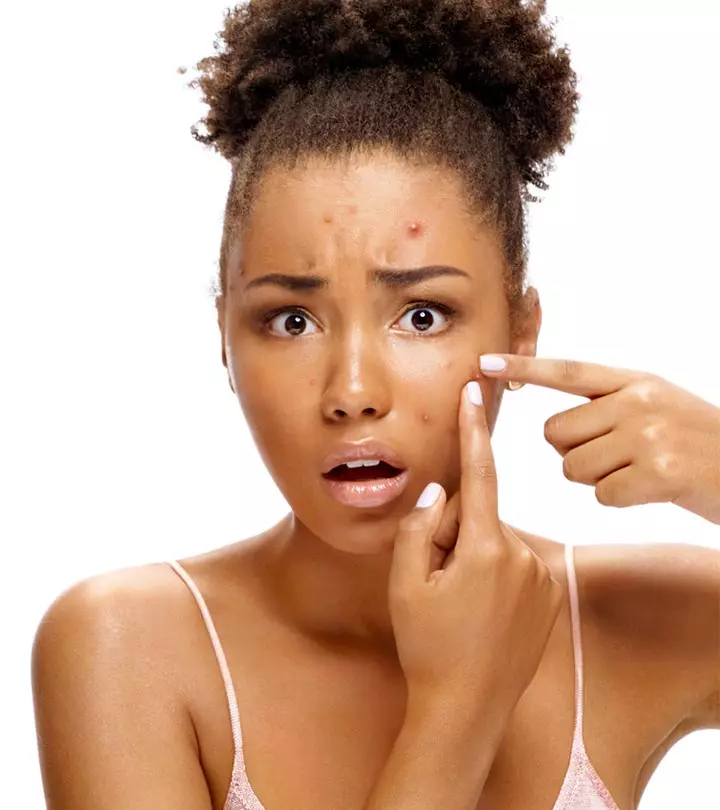
Image: Shutterstock
Many people include essential oils in their skin care routines, and they also help manage various skin problems, especially acne. The ability of essential oils to treat acne can be attributed to their anti-inflammatory and antibacterial properties. Essential oils fight bacteria that cause acne (like Propionibacterium acnes). They also moisturize the skin and have no major risk.
This article lists the 10 best essential oils for treating acne, how you can use them, and the precautions you must follow. Read on.
In This Article
What Are Essential Oils?
Essential oils are distilled plant chemicals extracted from bark, flowers, seeds, leaves, roots, and stems. These plant extracts are integrated into food, cosmetic, and pharmaceutical products. They are natural remedies that work wonders for your skin issues as they have antibacterial, anti-inflammatory, and antimicrobial properties (1).
Certain essential oils may even help treat acne. But what causes acne in the first place? Continue reading to find out the causes.
Key Takeaways
- Essential oils exhibit anti-inflammatory and antibacterial properties that offer many skin benefits.
- Thyme, cinnamon, rose, and rosehip oils can fight against acne-causing bacteria.
- Dilute essential oils with carrier oils and use them as a toner or facial mask.
What Causes Acne?
Acne occurs when your skin flakes and the oil clogs your pores. These pores become the breeding ground for Propionibacterium acnes (bacteria) that eventually causes inflammation and pimples.
Other factors that cause acne include (2):
- Use of medications like lithium, steroids, and anticonvulsants
- Overexposure to sunlight
- Use of shoulder pads, headbands, backpacks, and underwire brassieres
- Endocrine disorders like PCOS
- Pregnancy
- Genetics
But the good news is that acne can be treated. In the next section, we bring to you a list of essential oils that help treat acne and reduce scars.
10 Best Essential Oils To Treat Acne
1. Thyme Oil
Thyme oil can be the best choice for you if you have acne-prone skin. Its main component thymol has antimicrobial properties and also exhibits the strongest antibacterial activity against P. acnes (bacteria which cause acne). According to a study, thyme oil could kill these bacteria within five minutes of its application (3). Hence, you may apply it regularly to address your acne issues.
2. Cinnamon Oil
This oil has antibacterial and antioxidant properties, and may prevent bacterial growth, including that of P. acnes (3). Applying it may help resolve your acne issues and reduce scarring. It is often mixed with honey to create a face mask.
3. Rose Oil
Rose oil is rich in phenol that has strong antibacterial properties (4). A study found that rose oil exhibits the strongest bactericidal activities at a concentration of 0.25%. Like thyme oil, it could also kill P. acnes within five minutes (3). Applying rose oil regularly to your face may help you resolve acne issues and prevent further breakouts.
4. Rosehip Oil
Rosehip oil
is derived from the seeds of rosehip and contains linoleic and omega-6 fatty acids (1). Linoleic acid deficiency is also believed to cause acne – though more research is warranted in this regard.
A study suggests that applying linoleic acid topically may reduce the size of acne. It may also act as a comedolytic agent (preventing blackheads) in acne-prone patients (5).
5. Jojoba Oil
Jojoba is a perennial plant whose extracts are widely used in cosmetic products like sunscreens and moisturizers. The oil’s high wax content may help treat acne and psoriasis (red, itchy patches on the skin). Thus, this essential oil for itching can help calm irritated skin. However, there are more essential oils for itching that can provide immediate relief. Knowing the proper usage method and safety tips is crucial. A study shows that this oil may help dissolve the sebum deposits within hair follicles and remove comedones (blackheads) (6).
6. Oregano Oil
This oil is found to inhibit bacterial growth and reduce inflammation. A study suggests that oregano oil may exhibit strong antimicrobial activity against P. acnes and Staphylococcus epidermidis — the two major bacteria associated with acne (7).
7. Tea Tree Oil
This essential oil has been in use for several centuries and is now gaining popularity as an active component in skincare products. It contains terpineol, an antimicrobial agent, which may help fight acne-causing bacteria (8). Tea tree oil for acne is quite sought-after. Applying topically was found to treat mild to moderate acne vulgaris (9).
 Trivia
Trivia8. Rosemary Oil
Rosemary is a well-known culinary herb with antioxidant, anti-inflammatory, antimicrobial, and anti-carcinogenic properties (10). Research suggests that rosemary oil may neutralize acne-causing bacteria effectively (11). The size of bacterial bodies was found to shrink gradually with an increased concentration of rosemary oil, leading to their death. Besides, applying the decoction of rosemary leaves topically may also help treat eczema and other skin diseases. However, more research is warranted in this regard.
9. Bergamot Oil
It is extracted from the peel of bergamot (a citrus fruit) and has antibacterial and anti-inflammatory properties. It was found to reduce the growth rate of sebaceous glands and reduce the acne caused by excess secretion of androgen (12).
Jordan, a YouTuber and an enthusiast of natural remedies shared her experience of using clary sage essential oil for managing acne. She said, “It completely cleared up my acne (i).” She emphasized the caution of not overdoing it.
10. Chamomile Oil
Research suggests that chamomile oil may possess antimicrobial properties that may help combat acne-causing bacteria and prevent further breakouts (13). While there is limited scientific evidence of chamomile oil’s impact on acne, its historical use and antimicrobial potential suggest that it could contribute to managing acne lesions. Make sure you conduct a patch test before applying chamomile oil directly to the face.
Remember, the individual responses to chamomile oil may vary. Therefore, it is important to practice caution and consult a dermatologist for professional guidance. They will help craft a skincare routine that will safely incorporate chamomile oil into it and help you reap its benefits.
All these oils help you resolve your acne issues from the comfort of your home. But how do you include them in your skin care regimen? Keep reading to know the answer.
How To Use Essential Oils To Treat Acne?
- You can use these essential oils as a toner or facial mask.
- Dilute them with non-comedogenic (that does not block skin pores) carrier oils or water. Apply the liquid to the affected area with a cotton ball or pad.
- You can leave it on overnight or wash it off with lukewarm water after 15 minutes.
- Always read the directions before applying these oils to your skin. These can be strong as they are concentrated extractions from plants and may lead to undesirable reactions. These essential oils are best used when diluted.
You need to follow certain safety precautions while using these essential oils on your skin. What are they?
Safety Precautions To Be Taken While Using Essential Oils
- Avoid using any of these essential oils without diluting. Keep their concentration below 5%.
- Always do a patch test on your forearm before using it and wait for 24 hours. Continue using it if you experience no adverse reactions. Clean it with warm water if you develop itching or redness.
- Avoid oral ingestion and internal application (in the mouth or nose) of these oils.
- Do not use essential oils in or near your eyes as they may cause irritation.
- Do not use these on newborn babies.
- Pregnant or lactating women must consult a doctor before using these essential oils.
 Quick Tip
Quick TipDiscover how an essential oil can effectively treat acne with this video. Watch this video to learn how to use it to prevent breakouts as well as manage blemishes and acne scars.
Essential oils to treat acne are proven effective. This effect can be attributed to their antibacterial and anti-inflammatory properties. Thyme oil, cinnamon oil, rose oil, and rosehip oil effectively manage acne. In addition, jojoba oil, oregano oil, tea tree oil, rosemary oil, and bergamot oil are suitable for acne-prone skin and help in blemishes. However, there are more ways to get rid of blemishes naturally, such as using cocoa butter, yogurt mask, etc. These essential oils can be used as a toner or in face packs. They can also be diluted with carrier oils and applied to the affected area. However, using them directly without diluting them may cause skin irritation. Oral ingestion should also be avoided. Practice caution before using them.
Frequently Asked Questions
Can peppermint oil help manage pimples?
Yes, peppermint oil helps manage pimples. It has anti-microbial properties that reduce acne-causing bacteria.
Is lavender oil good for acne?
Yes, using lavender oil for skin is good, especially for acne-prone skin. It helps reduce inflammation and kills acne-causing bacteria. You can apply lavender oil to your face by diluting it with any carrier oil.
Personal Experience: Source
StyleCraze's articles are interwoven with authentic personal narratives that provide depth and resonance to our content. Below are the sources of the personal accounts referenced in this article.
(i) ESSENTIAL Oil That Cleared Up My Acne 99%https://www.youtube.com/watch?v=LRB1p3jadnI
References
Articles on StyleCraze are backed by verified information from peer-reviewed and academic research papers, reputed organizations, research institutions, and medical associations to ensure accuracy and relevance. Read our editorial policy to learn more.
- Anti-Inflammatory and Skin Barrier Repair Effects of Topical Application of Some Plant Oils
https://www.ncbi.nlm.nih.gov/pmc/articles/PMC5796020/ - Acne Vulgaris
https://www.ncbi.nlm.nih.gov/books/NBK459173/ - Activities of Ten Essential Oils towards Propionibacterium acnes and PC-3 A-549 and MCF-7 Cancer Cells
https://www.mdpi.com/1420-3049/15/5/3200 - Tocopherol carotene phenolic contents and antibacterial properties of rose essential oil hydrosol and absolute
https://pubmed.ncbi.nlm.nih.gov/19688375/ - Digital image analysis of the effect of topically applied linoleic acid on acne microcomedones
https://pubmed.ncbi.nlm.nih.gov/9692305/ - Jojoba Oil: An Updated Comprehensive Review on Chemistry Pharmaceutical Uses and Toxicity
https://www.ncbi.nlm.nih.gov/pmc/articles/PMC8197201/ - Origanumvulgare L. Essential Oil as a Potential Anti-Acne Topical Nanoemulsion-In Vitro and In Vivo Study
https://pubmed.ncbi.nlm.nih.gov/30154336/ - A facial cleanser containing thymol and terpineol reduced Propionibacterium acnes burden and improved acne symptoms
https://www.hilarispublisher.com/proceedings/a-facial-cleanser-containing-thymol-and-terpineol-reduced-propionibacterium-acnes-burden-and-improved-acne-symptoms-9936.html - The efficacy of 5% topical tea tree oil gel in mild to moderate acne vulgaris: a randomized double-blind placebo-controlled study
https://pubmed.ncbi.nlm.nih.gov/17314442/ - Rosmarinusofficinalis Extract Suppresses Propionibacterium acnes–Induced Inflammatory Responses
https://www.ncbi.nlm.nih.gov/labs/pmc/articles/PMC3624774/ - Investigation of antibacterial activity of rosemary essential oil against Propionibacterium acnes with atomic force microscopy
https://pubmed.ncbi.nlm.nih.gov/17893831/ - Essential Oil and Juice from Bergamot and Sweet Orange Improve Acne Vulgaris Caused by Excessive Androgen Secretion
https://www.ncbi.nlm.nih.gov/labs/pmc/articles/PMC7559496/ - Commercial Essential Oils as Potential Antimicrobials to Treat Skin Diseases
https://www.ncbi.nlm.nih.gov/pmc/articles/PMC5435909/
Read full bio of Bianca Lorena Saldes
Read full bio of Swathi E
Read full bio of Eshna Das
Read full bio of Monomita Chakraborty






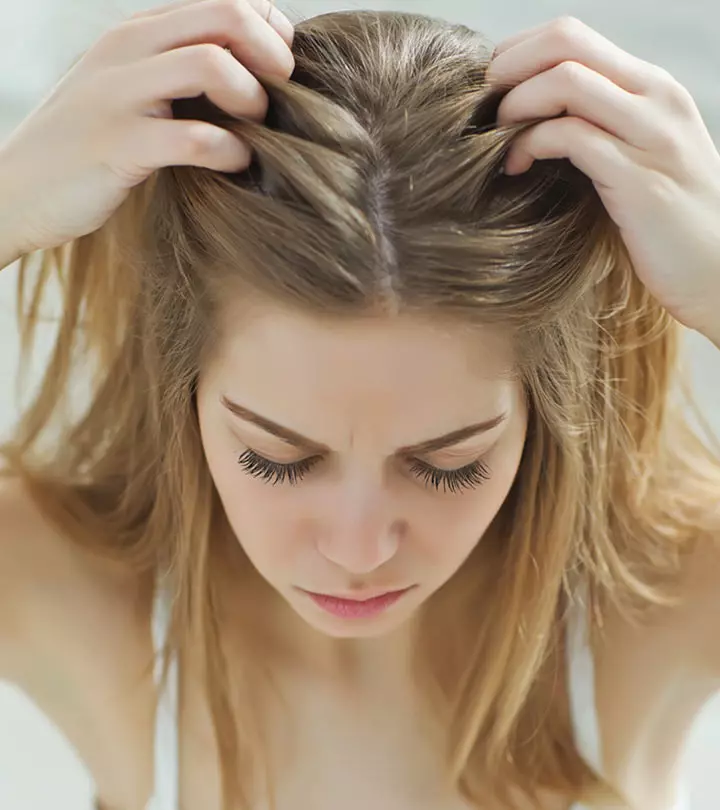
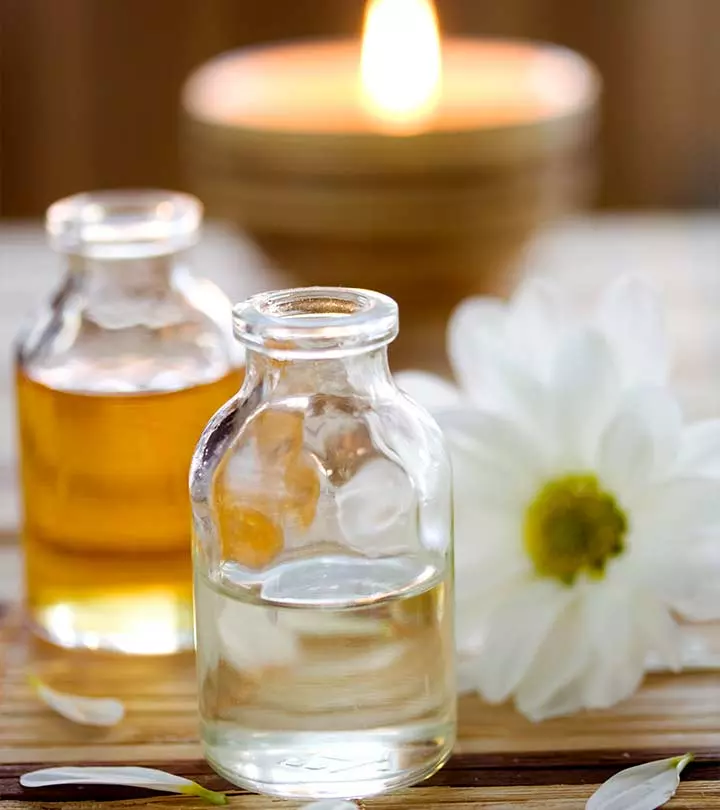
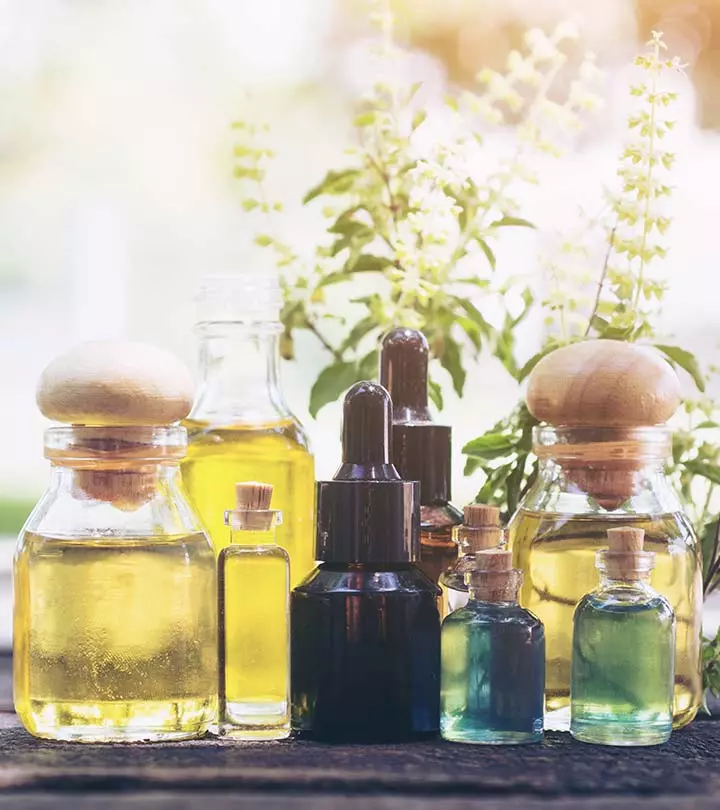
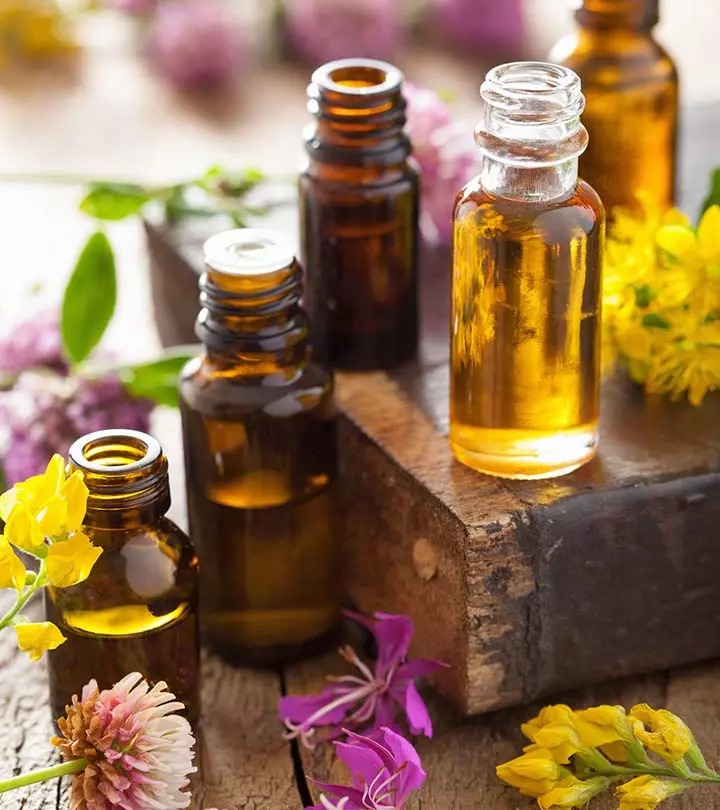
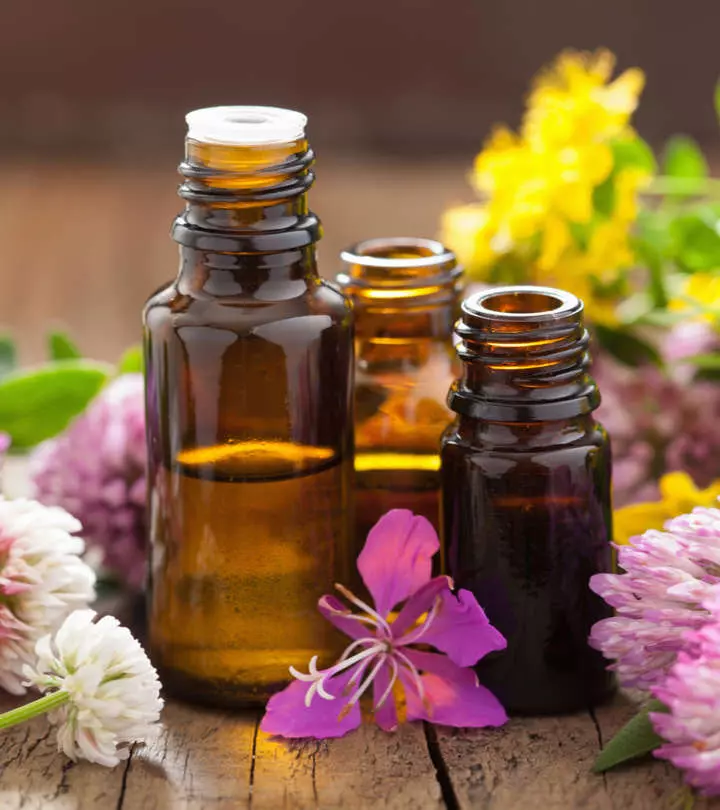
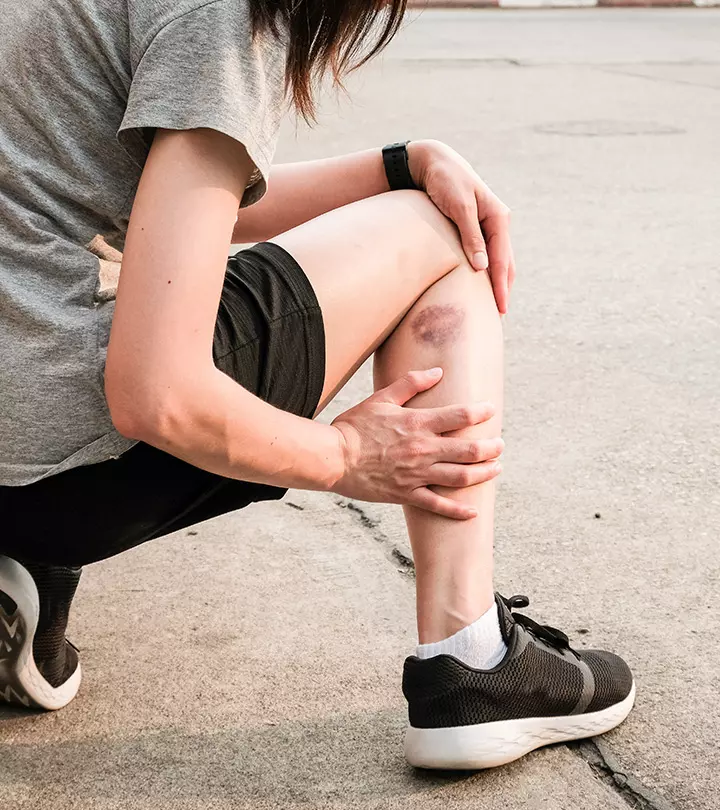
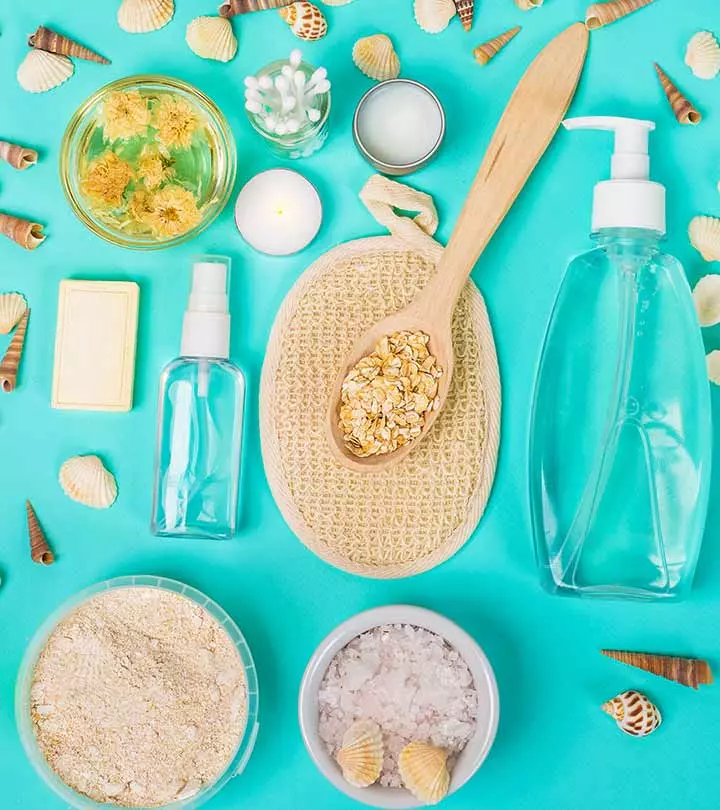
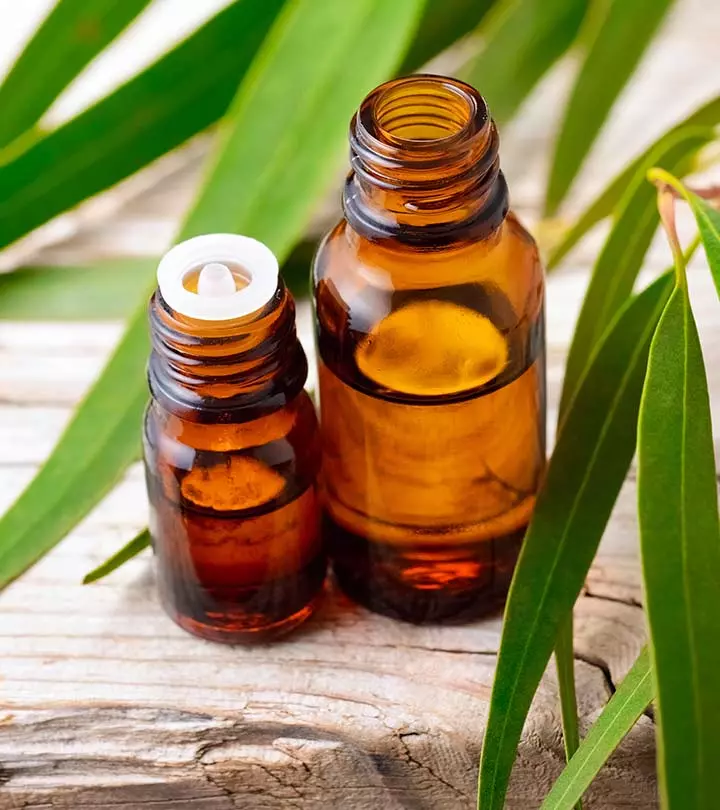
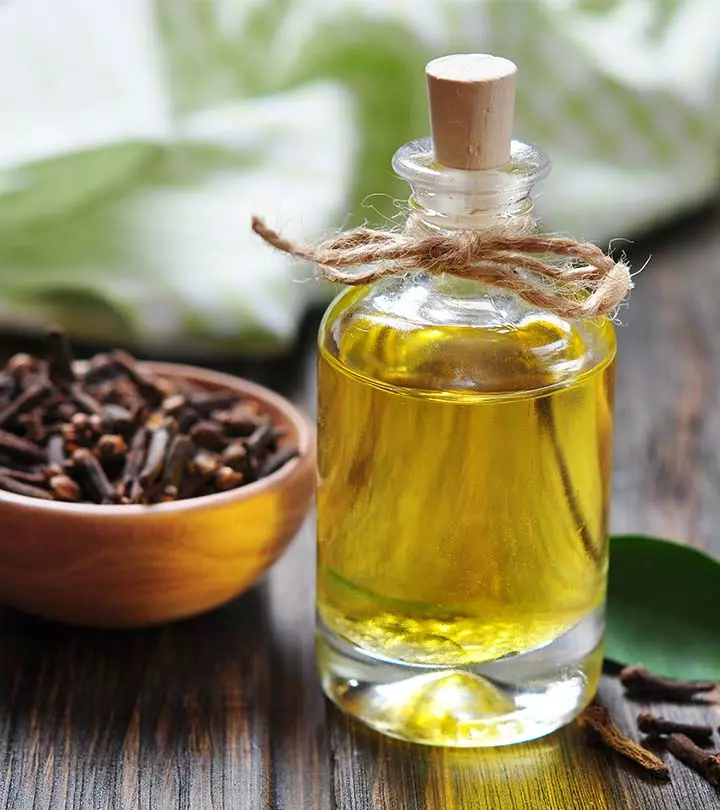
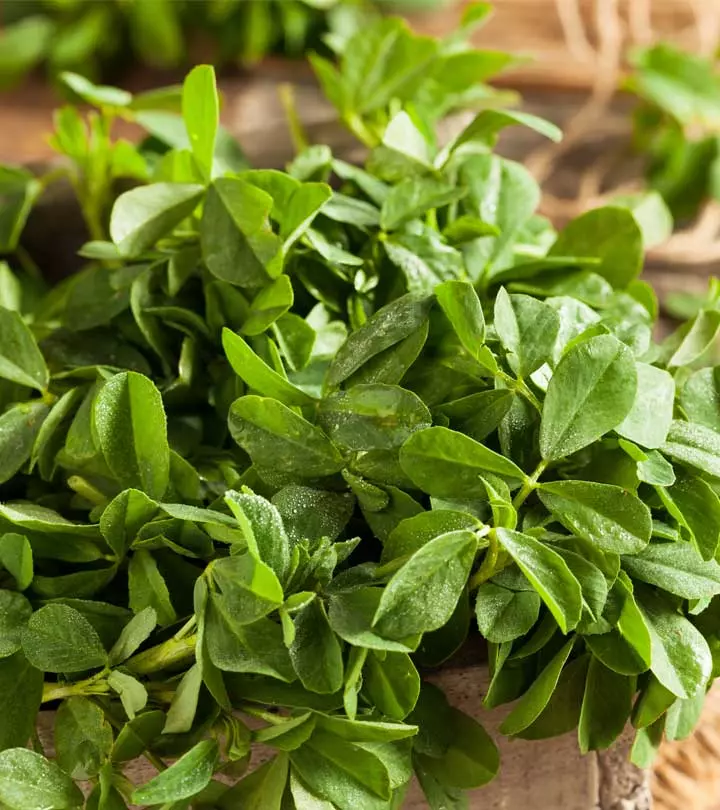

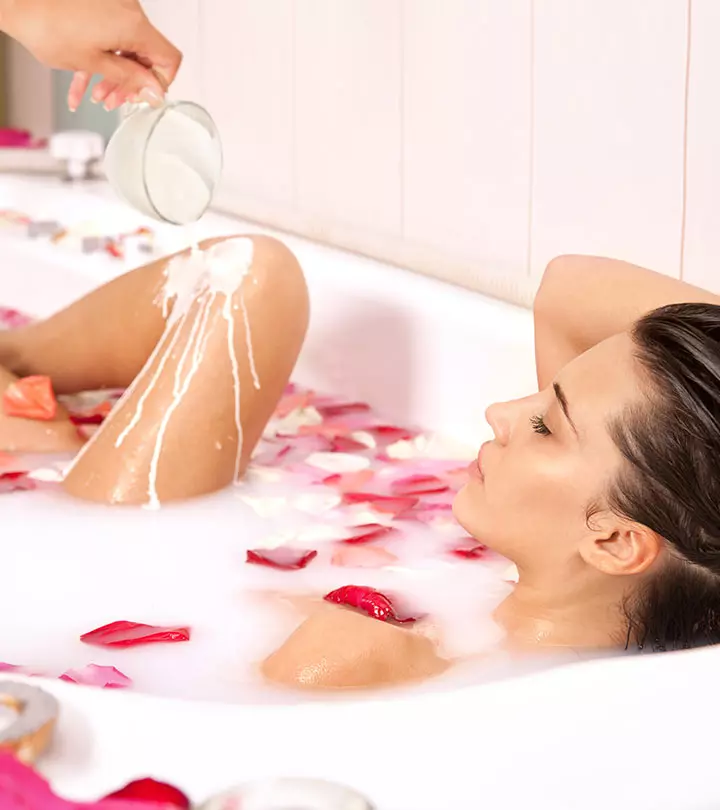
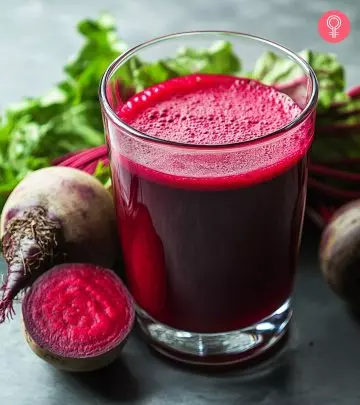

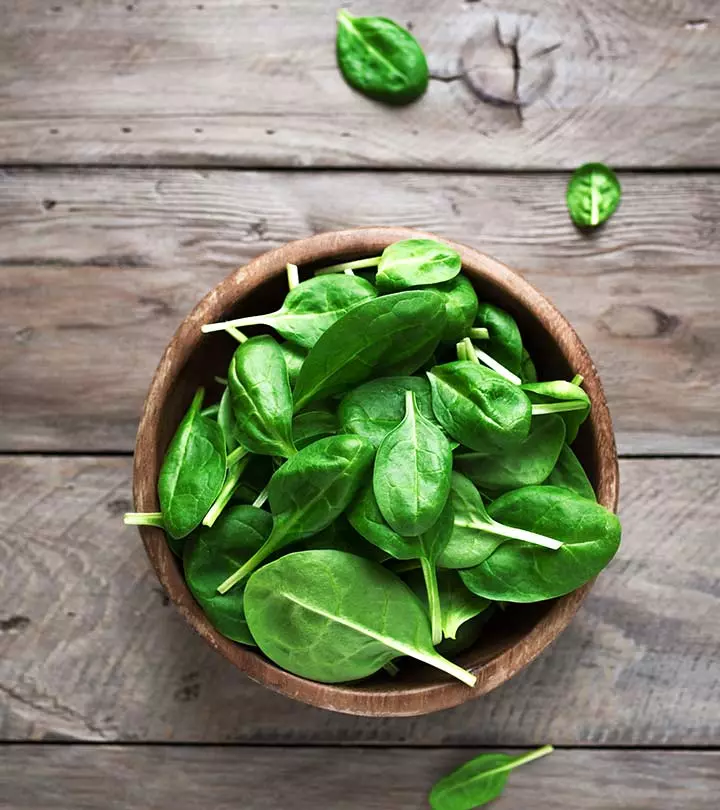

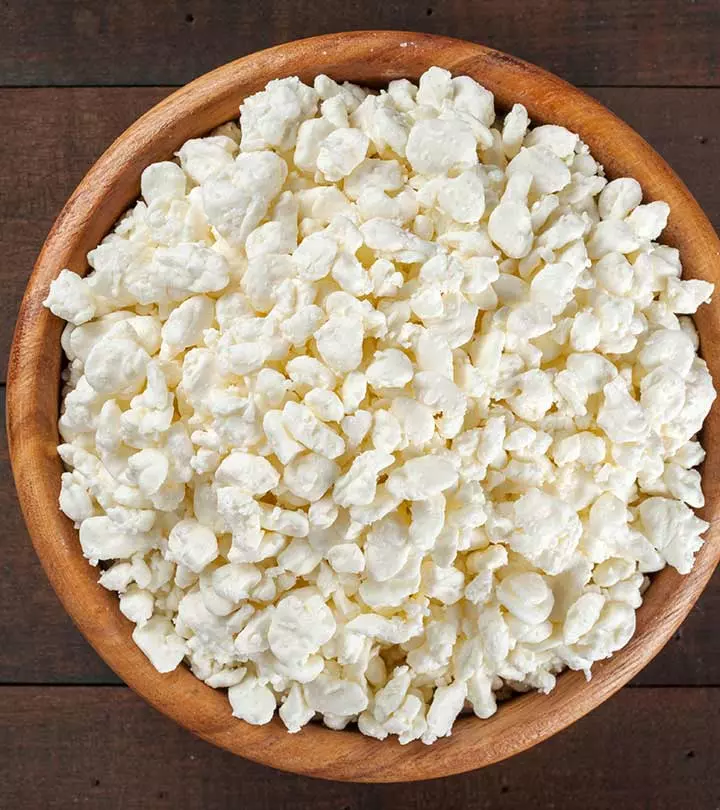


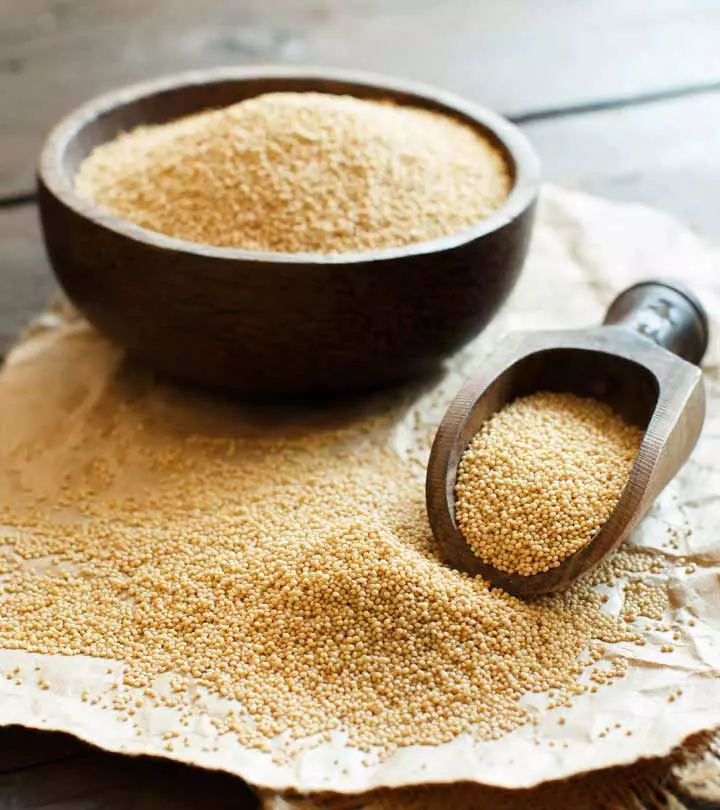
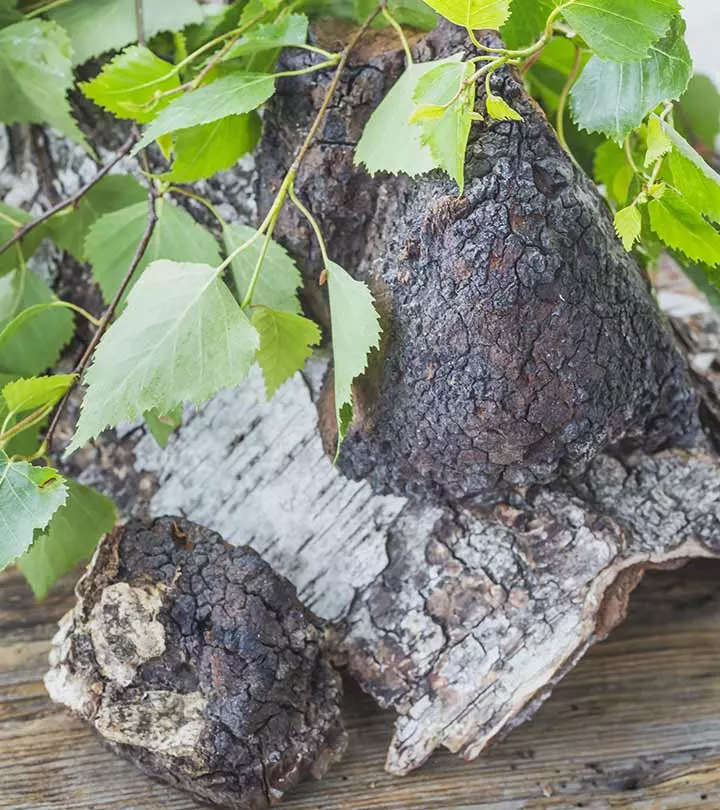
Community Experiences
Join the conversation and become a part of our empowering community! Share your stories, experiences, and insights to connect with other beauty, lifestyle, and health enthusiasts.